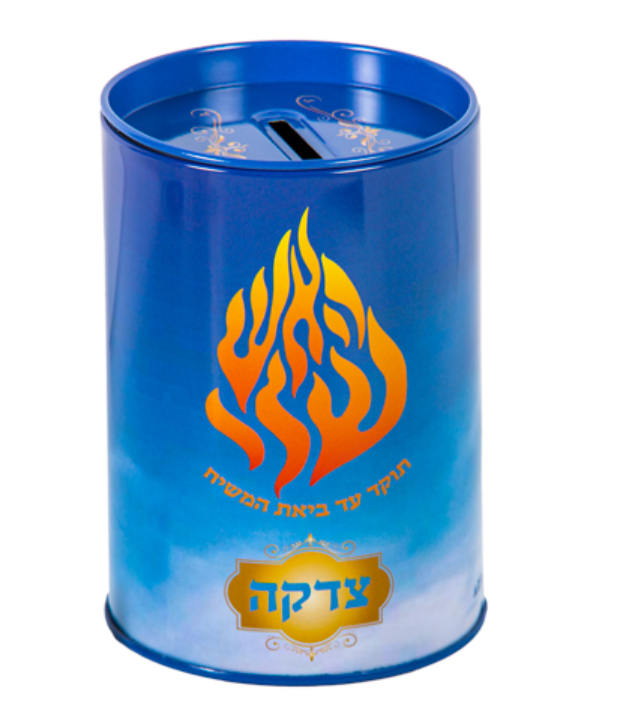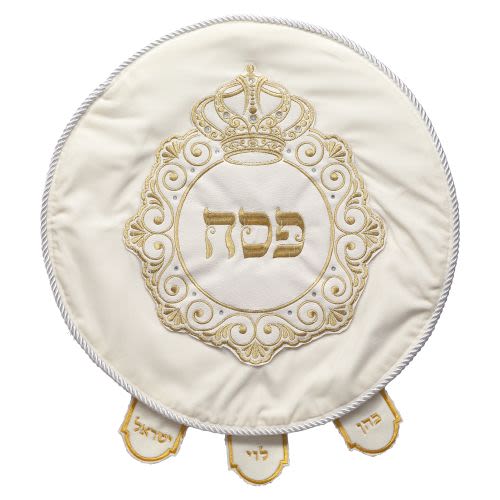
Pekudei: The Daily Inventory
The English expression of self-assessment is "taking stock in oneself". Where does this come from? The neighborhood grocer checks his stock every day...

“These are the reckonings of the Tabernacle…” (Exodus 38:21).
The Torah alludes to the fact that the holy Tabernacle is a metaphor for every Jew, for it says, “And they shall make for Me a sanctuary and I will dwell within them” (Exodus 25:8). We would expect the Torah to read, “And they shall make for Me a sanctuary and I will dwell within it.” Our sages interpret “within them” as “within the hearts of each person in Israel”. Therefore, as the Tabernacle is interchangeable with each Jew, every detail of the Tabernacle is a subtle directive for each Jew.
“These are the reckonings of the Tabernacle” – Onkolos translates, “These are the accountings of the Tabernacle,” indicating a type of personal inventory that each person must take on a daily basis. Drawing from the “Duties of the Heart” and many other sources, my esteemed and beloved teacher Rav Shalom Arush says that a person cannot attain a tikkun, a rectification, for a particular day in his or her life without devoting a daily hour to self-assessment.
The English expression of self-assessment is “taking stock in oneself”. Where does this come from? The neighborhood grocer checks his stock every day. For example, let’s suppose he normally sells 100 quarts of milk, 100 loaves of bread and 500 eggs every day. At the end of each day, he checks his stock and orders for the next day accordingly. For example, if he’s still left with 10 quarts of milk, 10 loaves of bread and 100 eggs, then he’ll only order 90 quarts of milk, 90 loaves of bread and 400 eggs for the next day. If  he doesn’t do his daily inventory, he’ll lose money either way: if he lacks stock, he’ll lose customers; if he overstocks, both products and his money will go to waste.
he doesn’t do his daily inventory, he’ll lose money either way: if he lacks stock, he’ll lose customers; if he overstocks, both products and his money will go to waste.
If the local grocer must check his inventory daily, then we – servants of Hashem – certainly must. How did we conduct ourselves in the last 24 hours? Did we deal fairly in our business and professional matters with other people? Did we pray in a minyan? Did we devote any available time we had to learning Torah or performing mitzvot, or did we squander our time on the web and particularly in Facebook? This daily “taking stock” of ourselves is critically vital. In Hashem’s law, just as any democratic society understands, there is no double jeopardy. A person cannot be judged in multiple courts for the same crime. The Gemara emphasizes that where there is judgment below, there is no judgment Above. In practical terms this means that when we assess ourselves, the Heavenly Court is not allowed to assess us. What a tremendous favor this is!
Imagine that a person failed to assess himself on a particular day. The Heavenly Court opens up his file and begins a rigid examination: “Yankel’e, why didn’t you pray in a minyan this morning? Why did you talk in the middle of Kaddish? Why did you yell at your wife and children? Why didn’t you give any charity today? Why did you run to waste 40 minutes in idle chatter yet claim that you didn’t have time to open up a Gemara? And…” – the list goes on and on. Each accusation invokes a stern judgment that manifests itself in some type of aggravation in this world. Yankel’e could have saved himself so much grief…
The more a person engages in daily self-assessment, the better his assessment of himself becomes. What’s more, he doesn’t have to wait until Elul and the High Holidays to “cram teshuva” like he used to cram for final exams. If he didn’t assess himself during the week, then at least he should assess himself and do teshuva before Shabbat, in order to receive the holiness of Shabbat with a clean soul.
Practically speaking, daily self-assessment is required for teshuva. Who can possibly remember during Elul and before Rosh Hashanaי what he or she did back in Adar? Oftentimes, our difficulties in life are the result of un-rectified transgressions, those which slip through our fingers and that we never did teshuva for. As such, our daily spiritual inventory, where we take stock of everything we did during the previous 24 hours, is the greatest favor we can do for ourselves. Not to mention the fact that who in the world wants to pass up a daily opportunity to have his or her own private audience with the King of kings? Doing so is paradise on earth, no matter the difficulties each one of us must contend with. What’s good for the neighborhood grocer is therefore good for each and every one of us.












Tell us what you think!
Thank you for your comment!
It will be published after approval by the Editor.